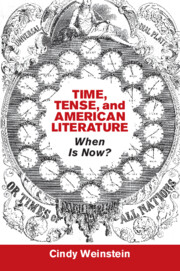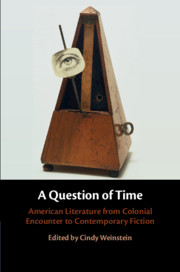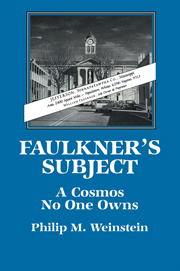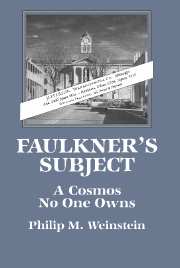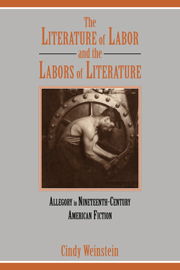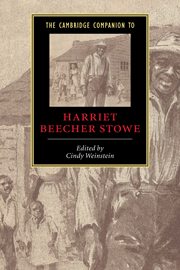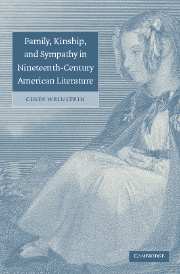Time, Tense, and American Literature
In Time, Tense, and American Literature, Cindy Weinstein examines canonical American authors who employ a range of tenses to tell a story that has already taken place. This book argues that key texts in the archive of American literature are inconsistent in their retrospective status, ricocheting between past, present and future. Taking 'The Narrative of Arthur Gordon Pym' as her point of departure, Weinstein shows how Poe’s way of representing time involves careening tenses, missing chronometers and inoperable watches, thus establishing a vocabulary of time that is at once anticipated in the fiction of Charles Brockden Brown and further articulated in works by Elizabeth Stuart Phelps, Theodore Dreiser and Edward P. Jones. Each chapter examines the often strange narrative fabric of these novels and presents an opportunity to understand how especially complicated historical moments, from the founding of the new nation to the psychic consequences of the Civil War, find contextual expression through a literary uncertainty about time.
- Chronologically broad, covering eighteenth- to twenty-first-century American literature
- Combines the virtues of close reading/formal analysis and new historicism
- Places Poe's 'Pym' at the center of new literary history of American novels
Reviews & endorsements
"Cindy Weinstein, our finest contemporary scholar of sentimentalism, makes the temporal turn in Time, Tense, and American Literature, casting time itself as her protagonist. Weinstein charts the heretofore unexplored nonlinear intervals at the heart of the classic American novel, from its late eighteenth-century origins in the work of Charles Brockden Brown to its twenty-first-century flowering in the African American fiction of Edward P. Jones. At a moment in which the humanities themselves are under siege, Time, Tense, and American Literature insists that we reimagine the power of the literary and its constitutive use of time, space, and form. Weinstein’s book should become required reading for scholars of American literature, the new aesthetics, and historians of the novel who will applaud her provocative, brilliant and beautifully written achievement."
Julia Stern, Northwestern University, Illinois
"A joy to read. Weinstein’s writing is full of verve, her readings are revelatory, and her integration of narratology and historicism provides us with an important model for future work. The strangeness and significance of the humblest temporal markers - now, then, before, since - have never been so vividly on display."
Geoffrey Sanborn, Amherst College
Product details
September 2015Adobe eBook Reader
9781316371794
0 pages
0kg
This ISBN is for an eBook version which is distributed on our behalf by a third party.
Table of Contents
- 1. Edgar's first time
- 2. When is now? Poe's 'Pym'
- 3. Heaven's tense: narration in The Gates Ajar
- 4. Now and then: time in An American Tragedy
- 5. The 'would' to power: Edward P. Jones's The Known World.

